Business looks for a Winter Olympics thaw with China
Business leaders are hoping for a thaw in communications channels with China by leveraging the Winter Olympics next February.
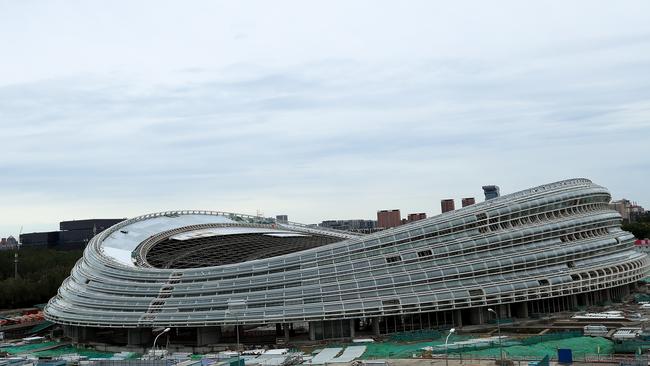
Business leaders are hoping for a thaw in communications channels with China by leveraging the Winter Olympics next February, as the relationship between Beijing and Canberra hits its lowest levels in decades.
They are looking at ideas including taking some senior business leaders to the Winter Olympics in Beijing in an attempt to break the political ice, and inviting Chinese leaders or officials to speak at a virtual trade conference.
Warwick Smith, a former federal sports minister and adviser to Perth businessman Kerry Stokes who is a former chair of the Australia China Foundation, has raised the issue of business representation at the Winter Olympics with Trade Minister Dan Tehan.
Mr Smith told The Australian the Winter Olympics could provide a “constructive opportunity” for much needed face-to-face meetings between Australians and Chinese.
“Sport is often an adjunct to diplomacy,” he said. “It provides opportunity for informal meetings, dialogue and progress.
“2022 in Beijing, like 2008 in Beijing, will provide situations for face-to-face meetings. I hope this can be seen as a constructive opportunity.”
He said there was “plenty to talk about” around the Olympics with the strong interest in the Games in both Australia and China.
In an address to the Australia China Business Council last week, Foreign Minister Marise Payne said there was still no path to normalising the relationship. She said Beijing had demanded a number of conditions before reopening talks.
Australia had a strong business presence at the 2008 Olympics in Beijing, including an Austrade-backed business hub in a hotel in the Chinese capital.
The suggestions follow a sharp deterioration in Australia’s trade ties with China, with Beijing’s introduction of tariffs on Australian wine and barley destroying once booming export businesses, as well as other action taken against coal and timber exports.
At its peak, just before the outbreak of Covid, two-way trade ties were worth more than $200bn.
The deterioration in relations has meant there have been no official visits to China and no high level meetings for some years.
Trade Minister Dan Tehan says he has been unable to contact his Chinese counterpart to discuss issues such as tariffs.
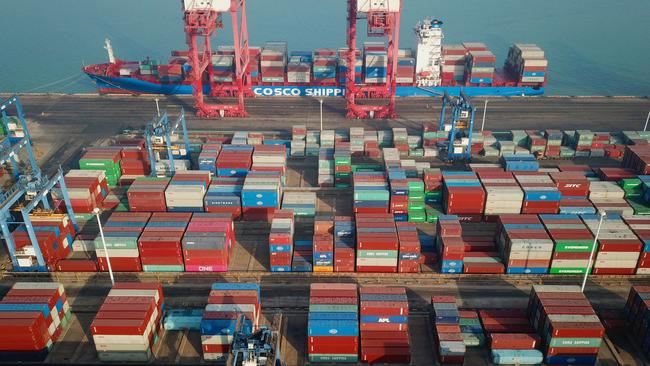
He has also acknowledged that business leaders are a potentially important conduit with China, given lack of political access.
Mr Smith said there was also potential for the February Winter Olympics to provide the grounds for earlier visits to China by business leaders.
There was “much to chat about” given the strong interest in the Olympics in both countries.
Brisbane is set to host the 2032 Games, making it the third Australian city to have done so after Sydney in 2000 and Melbourne in 1956.
Lowy Institute senior fellow Richard McGregor, a former journalist in China and Japan, told the conference that it was important to have back-channels to maintain relations.
He said China and Japan had strong back-channels of communication despite a long history of political strains.
Mr Smith said: “Back-channels are essential when you consider the size and diversity of our trade with China.”
There was still communication between state governments and China despite tensions at the federal level through those involved in industry sectors including beef, wool and resources.
“All are taking a ‘principled realism’ approach to dialogue and trade issues,” Mr Smith said.
The speakers at the ACBC conference noted that China’s Premier Li Keqiang had addressed the China Britain Business Council by video last month, despite tensions between London and Beijing.
The national president of the ACBC, David Olsson, who is also the international director of law firm King & Wood Mallesons, said it was “time for business to step up” and look for ways to improve the Australia-China relationship.
“We know that there are a number of enduring differences in our relationship with China that will have to be managed, but we can’t abandon our economic relationship,” he said.
“Both sides (government and opposition) have said that business initiatives that strengthen and enhance the relationship are welcome. It’s now time for business to step up.”
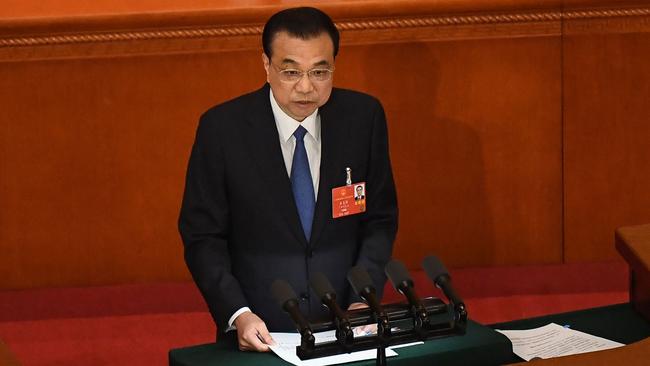
Mr Olsson said it was important to “open lines of communication” outside of the official channels.
“Neither Beijing nor Canberra are likely to retreat from deeply entrenched positions,” he said.
“That’s why it’s important to open lines of communication that are a step removed from traditional government-to-government and diplomatic channels.”
He said the Australia China Business Council supported the call by Mr Tehan for more business-to-business engagement with China.
“The challenge is to find the right platform,” he said.
“The recent high-level meeting organised by the China Britain Business Council with Premier Li Keqiang demonstrates that business engagement is possible, even when political relationships are challenged,” he said.
“A session like this might be overly ambitious in an Australian context, but it at least gives us something to aim for.
“ACBC will be working with the Business Council and the Chinese Embassy to explore whether we can organise a similar online dialogue.”
Mr Olsson said leveraging the experiences and connections of the business community was an important way to maintain channels of communication.
“Australian businesses, especially those on the ground in China, play an important role in maintaining those important relationships,” he said. “But we also need to be pushing for more substantive platforms through which the broader business community can extend its voice to the leadership in Beijing.
“Constructive dialogue remains possible, even when there are difficult issues, as long as there is a clear understanding of where each side is coming from and there is a mutual need to find a workable outcome.”
He called on Beijing to “reopen the door to engagement with Australia – if not at the officials level, then at least at the business level”.



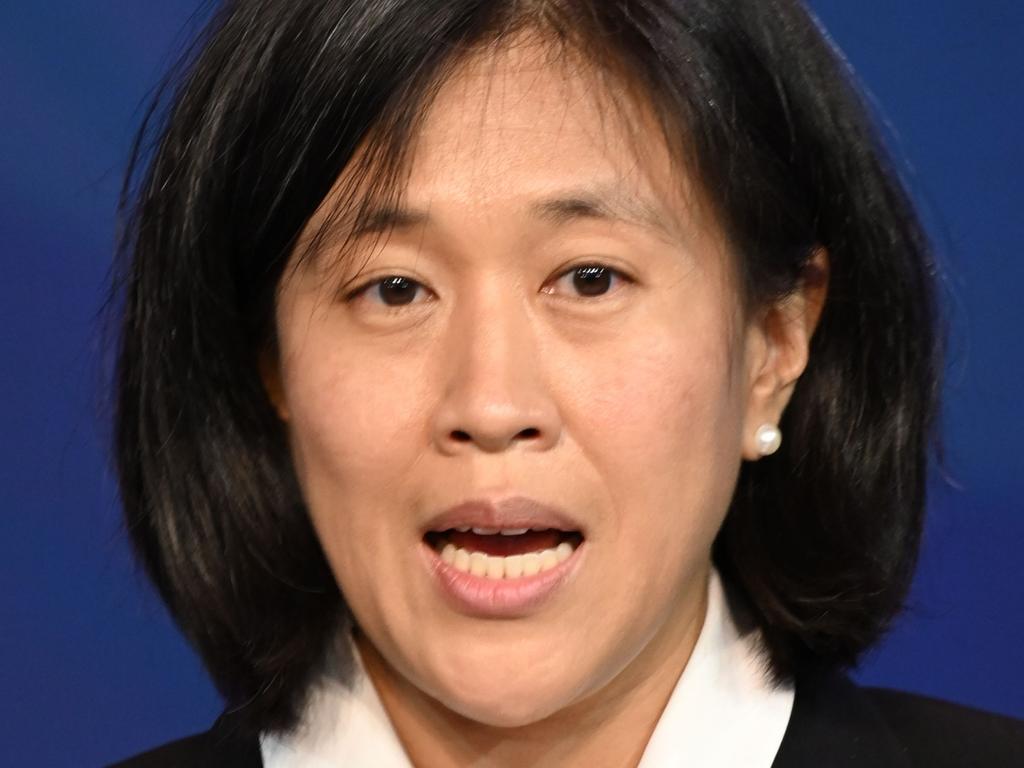
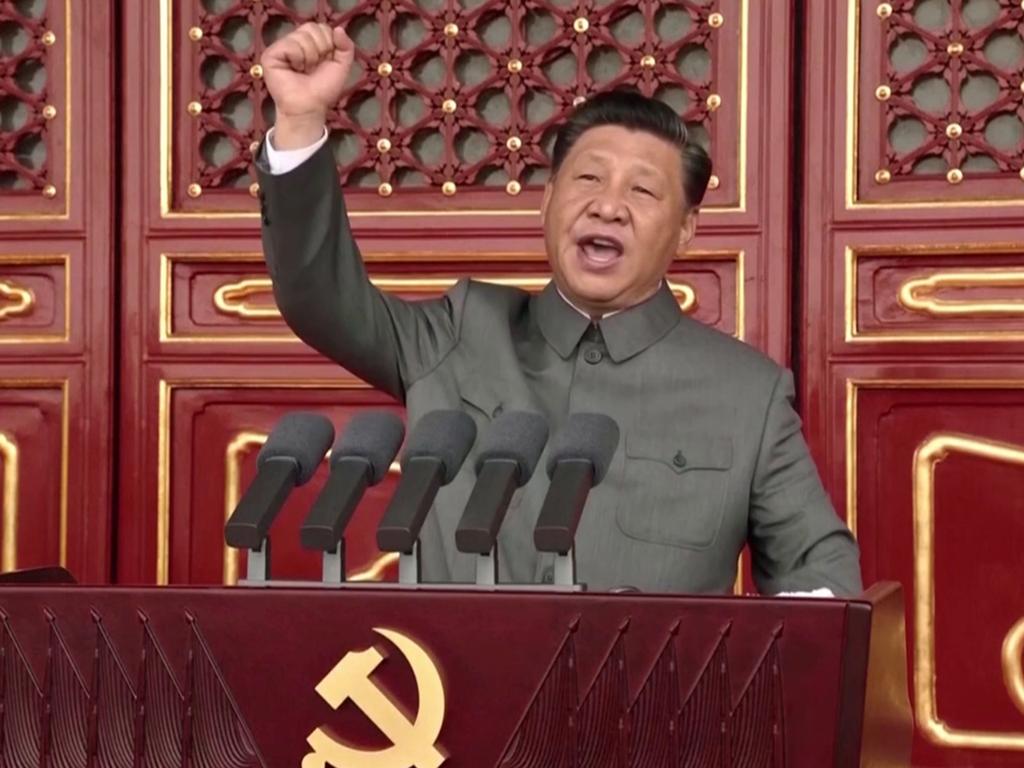


To join the conversation, please log in. Don't have an account? Register
Join the conversation, you are commenting as Logout